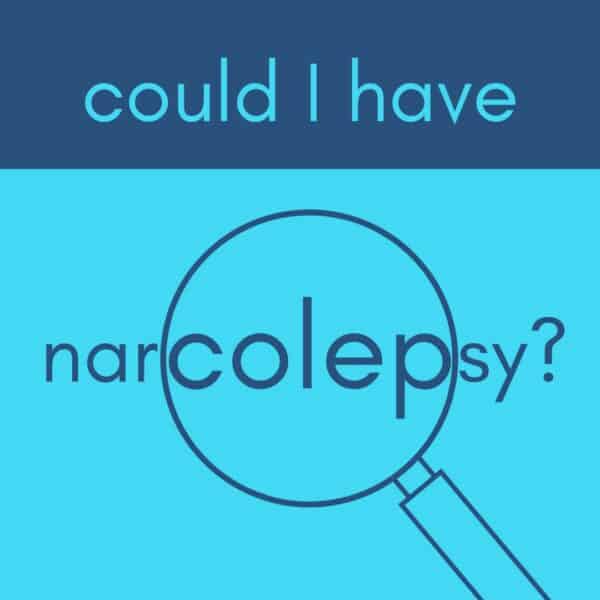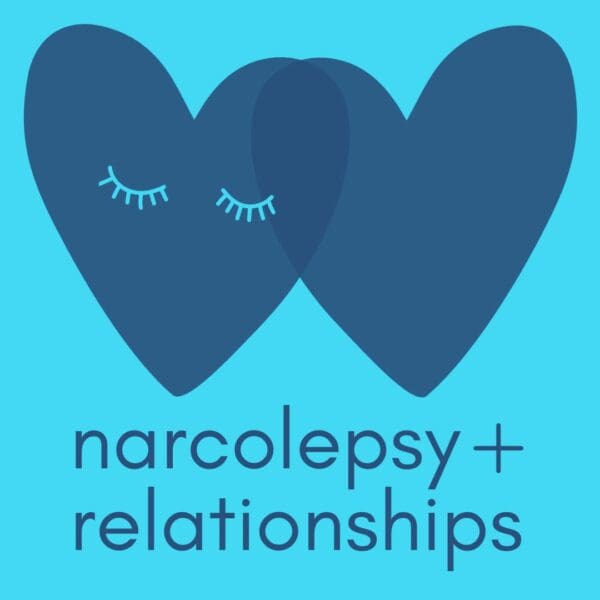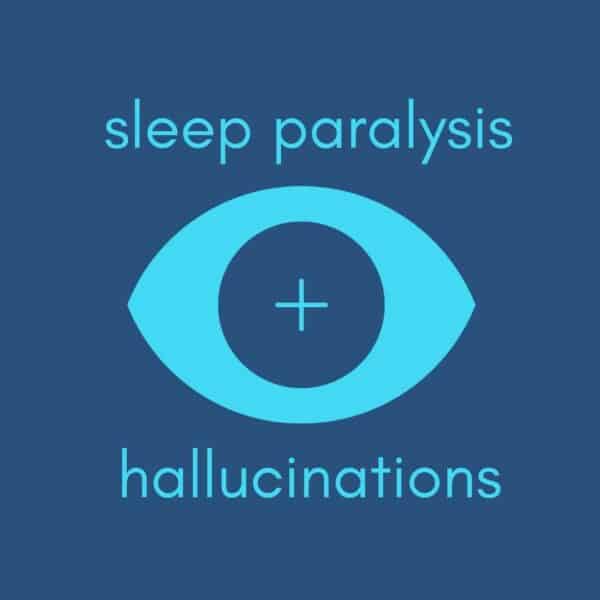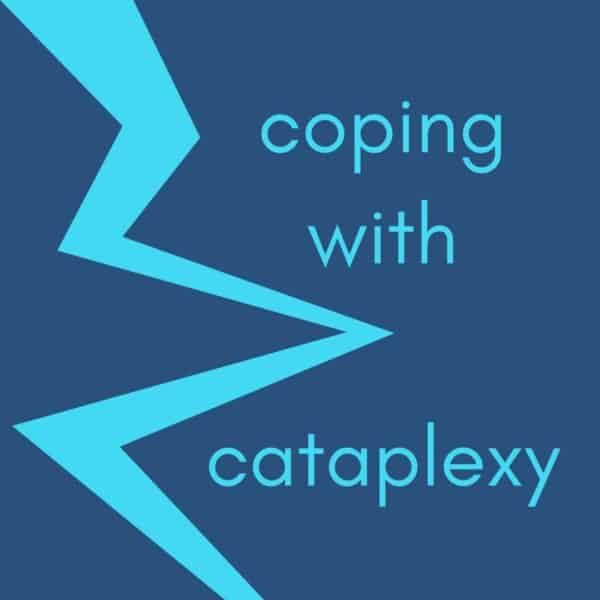 Project Sleep celebrated World Narcolepsy Day 2021 with an international broadcast, “Narcolepsy Around the World.” People living with narcolepsy joined us from Australia, China, Poland, Germany, Israel, Angola, and Brazil to explore global perspectives on diagnosis, treatment, and support.
Project Sleep celebrated World Narcolepsy Day 2021 with an international broadcast, “Narcolepsy Around the World.” People living with narcolepsy joined us from Australia, China, Poland, Germany, Israel, Angola, and Brazil to explore global perspectives on diagnosis, treatment, and support.
Use the buttons below to jump to the different formats of this conversation and be sure to download the Narcolepsy Around the World toolkit for more information.

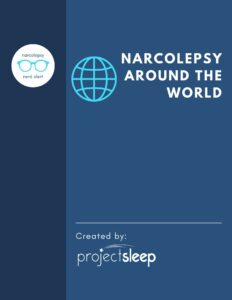 Narcolepsy Nerd Alert toolkits accompany each broadcast. These guides are designed for people living with narcolepsy and their loved ones to offer new tools, tips, and perspectives on navigating narcolepsy.
Narcolepsy Nerd Alert toolkits accompany each broadcast. These guides are designed for people living with narcolepsy and their loved ones to offer new tools, tips, and perspectives on navigating narcolepsy.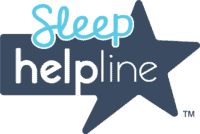
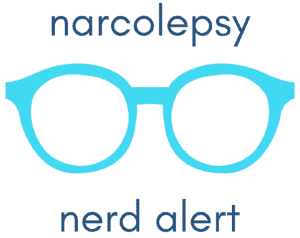 Project Sleep’s live broadcast series
Project Sleep’s live broadcast series 

